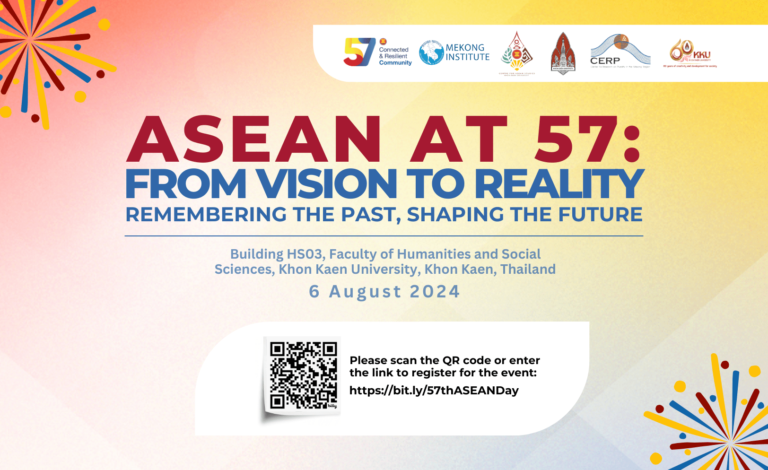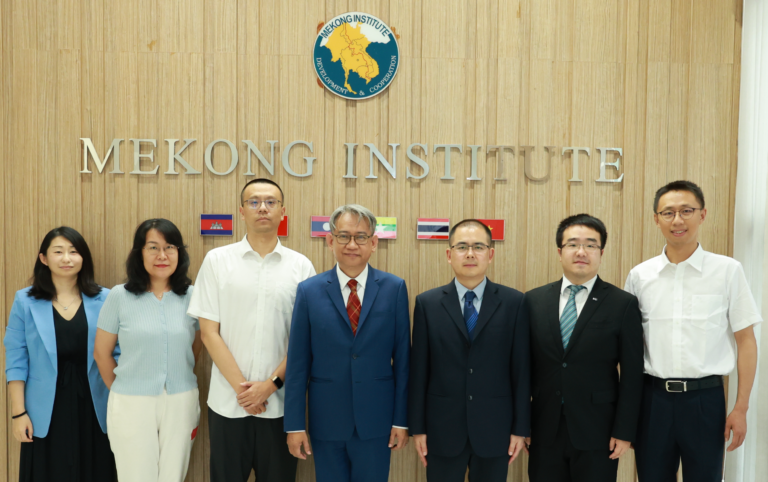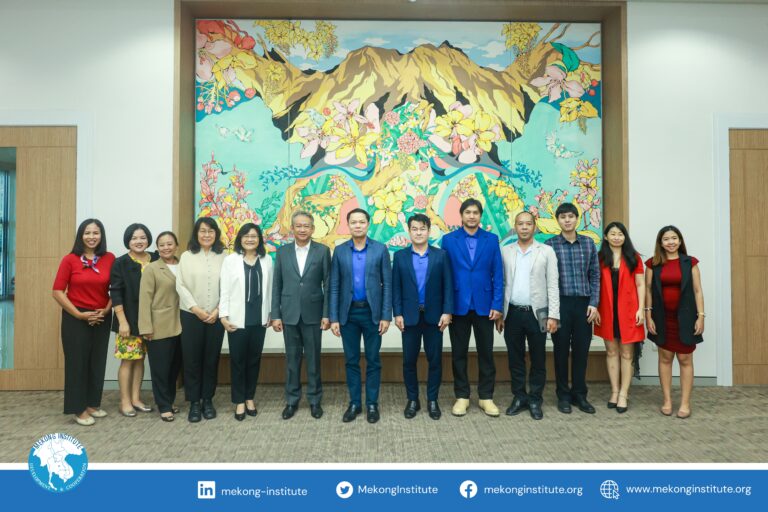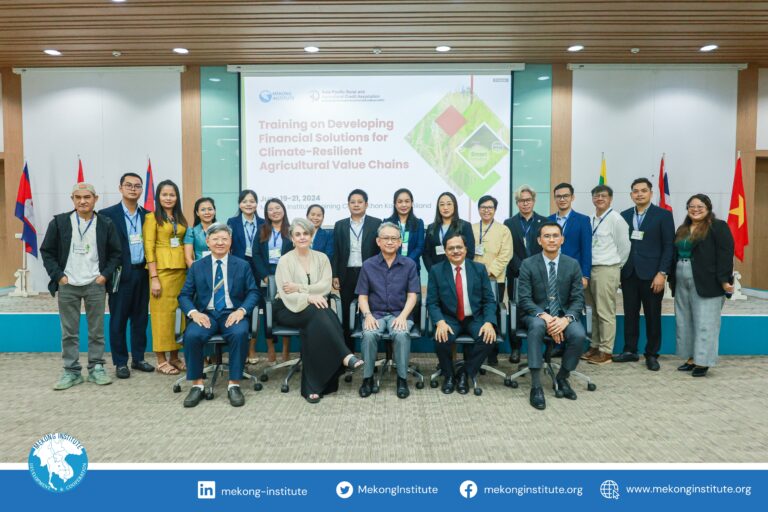To scale up inclusive, resilient and sustainable food systems policies in the ASEAN region, Mekong Institute, with support from the Stockholm Environment Institute and the Swedish Government and in partnership with the New Zealand Aid Programme and the Lao PDR Agrobiodiversity Platform (Pha Khao Lao), is organizing a two-day virtual forum on December 14 and 15, 2021. The forum on “Mainstreaming Agrobiodiversity for Sustainable Food System in the ASEAN Region,” acknowledges the roles of rural and indigenous women as custodians of traditional knowledge and frontliners in customary conservation and sustainable use of biodiversity.
Putting a spotlight on the importance of agro-biodiversity mainstreaming in gender equality and social inclusion would increase recognition of women’s role, especially in indigenous groups, in advancing Aichi Targets especially Targets 14 and 18 on recognizing women as primary land and natural resource managers and respecting and integrating traditional knowledge into national and regional sustainable food systems policies thus leaving no one behind,
said Mr. Suriyan Vichitlekarn, Executive Director of Mekong Institute, in his welcome remarks
He also mentioned the importance of creating an understanding among regional policy bodies and organizations on the impact of agro-biodiversity loss on food security of vulnerable sectors and communities against the backdrop of climate vulnerabilities.
With the theme “Harnessing the Benefits of Agrobiodiversity to Build Sustainable and Inclusive Food Systems,” an impressive pool of experts on indigenous and rural women, and agrobiodiversity in the ASEAN region, such as representatives from ASEAN Centre for Biodiversity, Asia Indigenous Peoples Pact, Asian Indigenous Women Network Lao Women Unionand Asian Partnership for the Development of Human Resources in Rural Asia, were invited to join the event.
After the keynote messages from the development partners, the first day of the forum will have two panel sessions, specifically on: 1) Agrobiodiversity Loss and Impact on Food Security and Livelihood; and, 2) Agrobiodiversity, Women and Indigenous Communities. There will also be a workshop on identifying considerations to mainstream agrobiodiversity in GESI initiatives in Southeast Asia. Another highlight of the day is the fire-side talk which will be led by youth and will revolve on food for the well-being.
The second day consists of panel sessions on: 1) Mainstreaming Agro-biodiversity in GESI; 2) Indigenous and Rural Women of SEA as Custodians of Agrobiodiversity; and, 3) Women as Drivers of Sustainable Diets and Agrobiodiversity.
At the end of the forum, recommendations for regional policy bodies and organizations on entry points in mainstreaming agro-biodiversity in regional and national policies and initiatives related to GESI will be consolidated to strengthen Sustainable Food Systems model in the ASEAN region.
Having a significant population of the ASEAN region dependent on subsistence agriculture, MI has been exerting its best efforts in achieving food and livelihood security in the region. Through this forum, the MI will continue to ensure that inclusive and responsive spaces exist for all stakeholders in the sustainable food systems, leaving no one behind.







